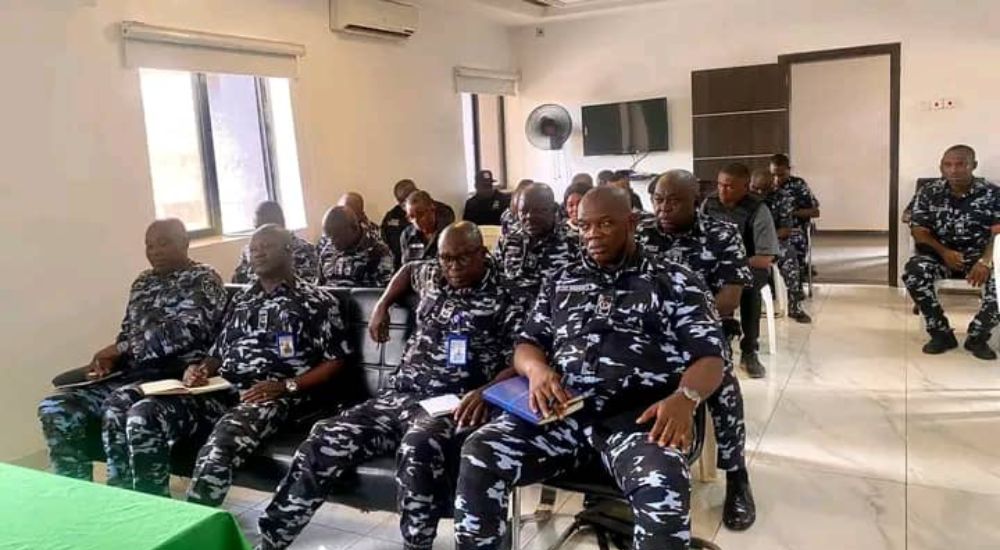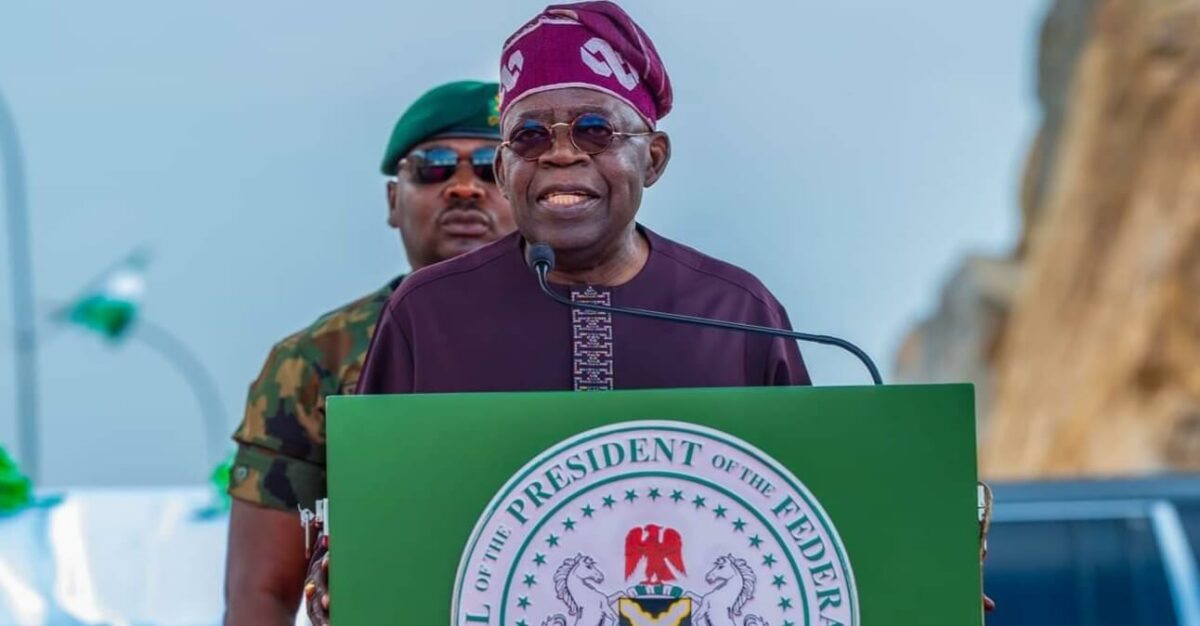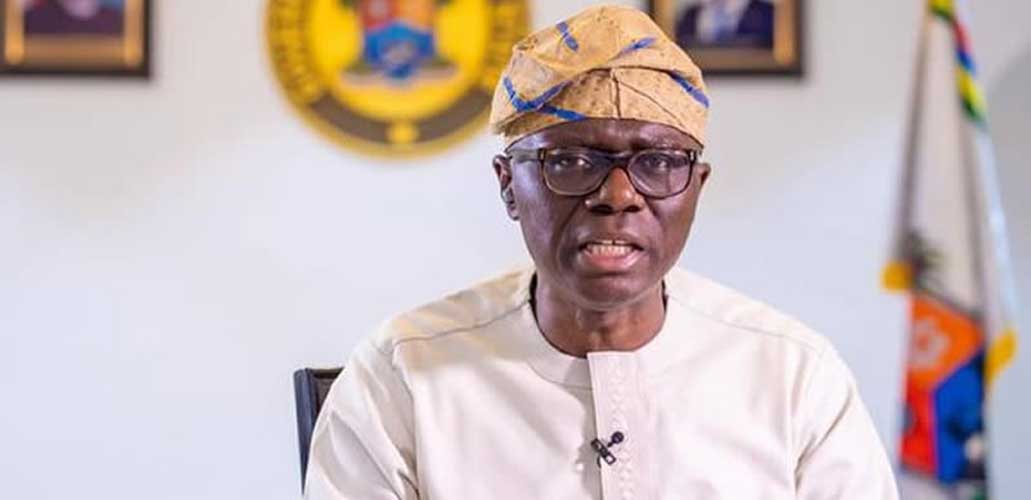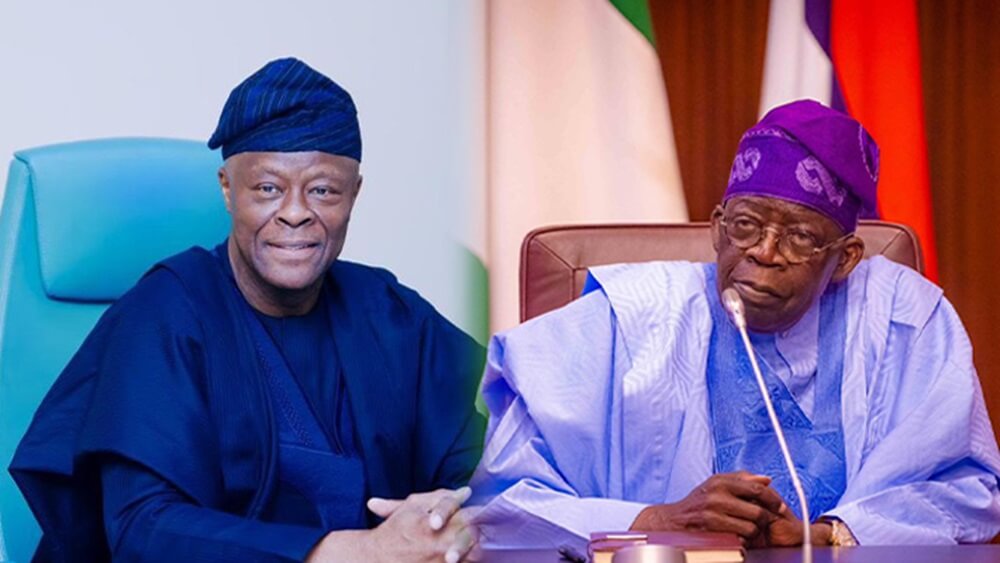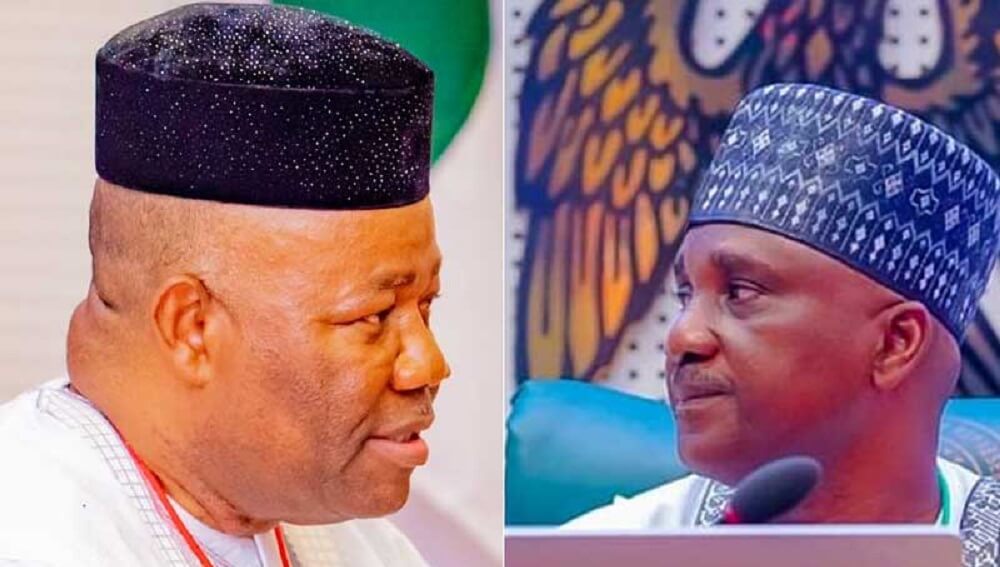Mixed Reactions Trail IPOB’s Enforcement Of Biafra Day In Enugu
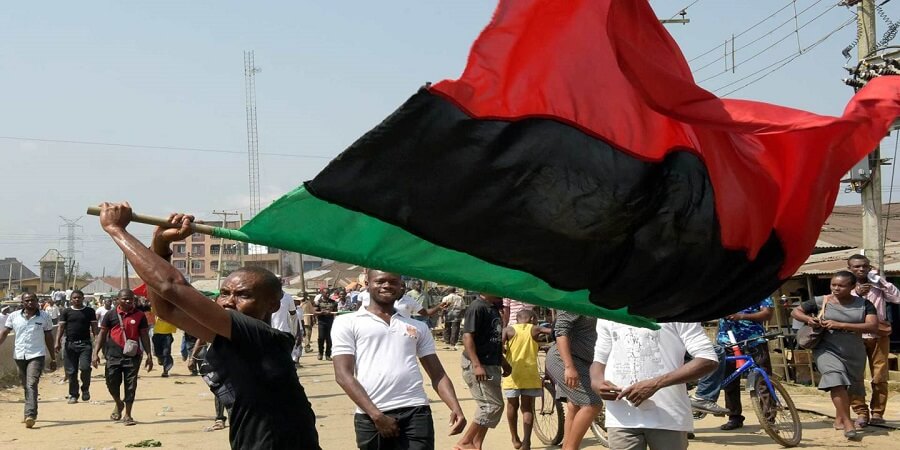
Commercial and public activities were grounded across Enugu State on Friday as residents marked Biafra Day, with mixed reactions trailing the sit-at-home directive subtly enforced by the Indigenous People of Biafra (IPOB).
Biafra Day, observed annually on May 30, commemorates the 1967 declaration of the defunct Republic of Biafra by the late Chukwuemeka Odumegwu Ojukwu.
Although not officially recognised by the state or federal government, the day has taken root among many in the South East as a solemn remembrance of the Nigerian Civil War and its aftermath.
In Enugu metropolis, THE WHISTLER observed widespread closure of banks, markets, fuel stations, and schools. Public servants were seen briefly signing attendance registers before promptly returning home.
While the IPOB had earlier called for a peaceful sit-at-home in honour of “fallen Biafran heroes”, many residents claimed their observance was personal rather than compelled.
“I am not sitting at home because I was forced,” said Thaddeus Onijde, a student of Nnamdi Azikiwe University. “Biafra was birthed as a tool for agitation for equal rights. The question is, do Igbos enjoy equal rights in Nigeria today?”
Onijde also criticised the political leadership in the region for failing to give formal recognition to the date.
“Our leaders have failed to immortalise May 30. Look at the Southwest—June 12 is now Democracy Day. But in the Southeast, our own history is ignored,” he said.
Politician Chief Nduka Okoye echoed similar sentiments, accusing Igbo leaders of lacking unity and political vision.
“You can see this lack of unity by their inability to have one political party as a regional platform,” Okoye said.
“The Southwest used the Alliance for Democracy. The North had the CPC and then merged into APC. In Igbo land, every party has presence, but none is dominant.”
He added, “Even APGA, which should have been our regional party, is now fragmented. Look at Soludo endorsing Tinubu for 2027.”
At Nsukka, Mrs Chinansa Eze, a teacher at a missionary school, said her school was closed “primarily for the safety of the children.”
“Even government schools were shut,” she said. “The risks are just too high. It’s better to be safe.”
A trader at Enugu’s New Market, Madam Juliana Nwosu, also admitted that safety fears kept most shops closed. “Many traders did not open today. Shops might open in the evening if there’s no report of violence. It’s better to stay alive,” she said.
However, for some, the day was more about reflection than fear.
“I am in my house today reading Because I am Involved by Ojukwu,” said Dr Ifeoma Asogwa, a sociologist.
“I’m also reviewing the journey of Mazi Nnamdi Kanu. We don’t want secession, we just want to be treated like true Nigerians. That’s the essence of Biafran Day.”
A youth leader in Nsude, Udi Local Government Area, Oliver Ozo, said Biafra Day should not be reduced to an IPOB agenda.
“Linking Biafran Day to IPOB is an aberration, though understandable. IPOB urged peaceful reflection, which is commendable. But we must remember that Biafra existed before IPOB,” he said.
Human rights lawyer Barr. Aloy Ejimakor, in a tweet, urged Igbos in the diaspora to join in the remembrance, saying, “You need to join our brethren as they assemble today to honour our heroes’ past. You would love the camaraderie and everything else that comes with it.”
Also speaking, Dr Ephraim Okenwa, leader of the Concerned Igbo Leaders’ Forum, described Biafra as an “identity,” not merely a secessionist aspiration.
“Biafra existed even before the civil war. Today, it is about equality and dignity,” he said. “We want to remain critical stakeholders in Nigeria. It’s better when the table is bigger.”
Meanwhile, security operatives were seen stationed at strategic locations across Enugu to prevent any breakdown of law and order. Police presence was particularly noticeable near major markets and public buildings.
Mixed Reactions Trail IPOB’s Enforcement Of Biafra Day In Enugu is first published on The Whistler Newspaper

